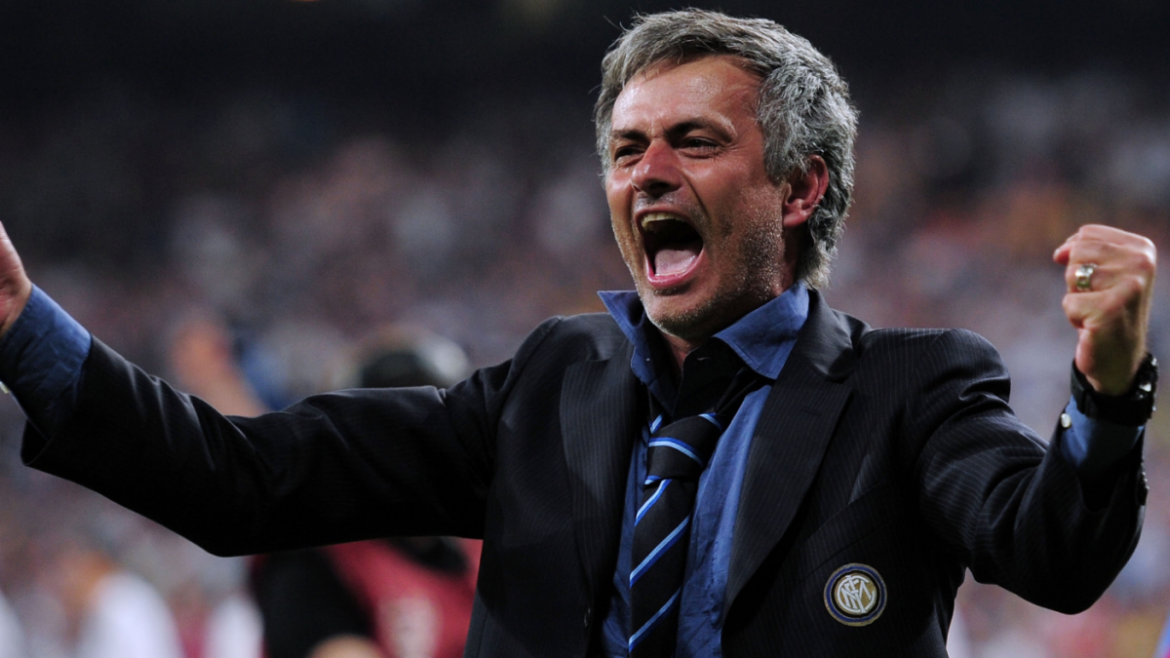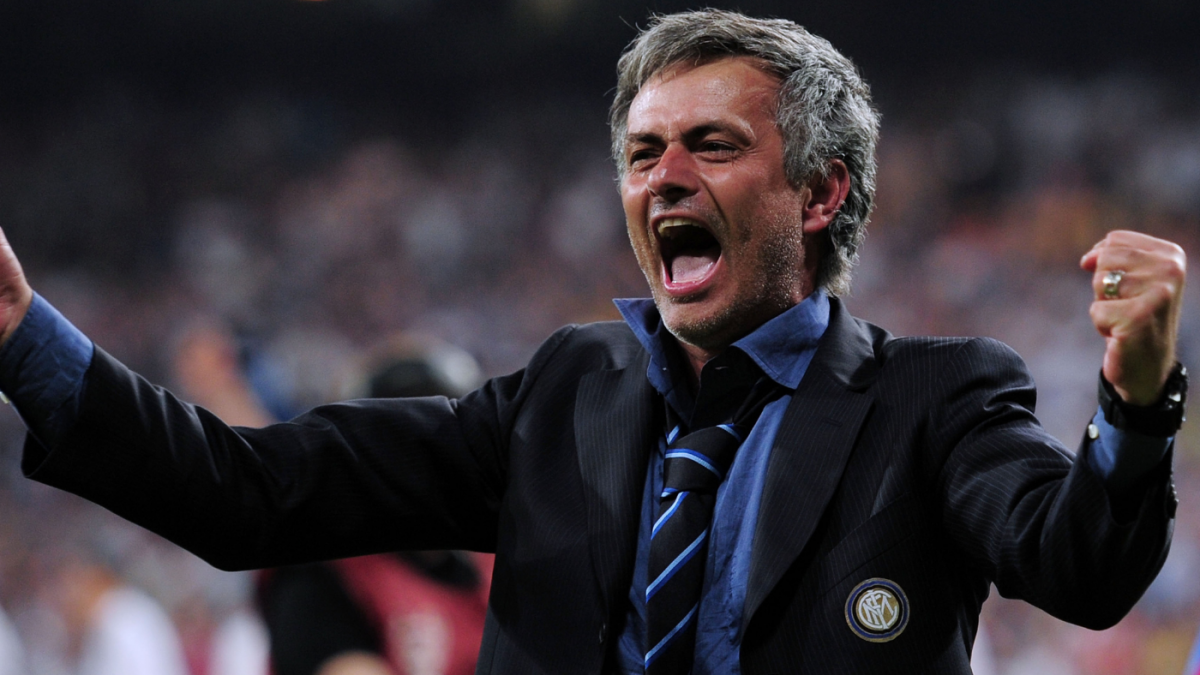UEFA Champions League Legacy of Inter Milan and Paris Saint-Germain: A Comprehensive Analysis
The UEFA Champions League, the pinnacle of European club football, has a rich history encompassing numerous clubs striving for continental glory. Two prominent clubs — Inter Milan and Paris Saint-Germain (PSG) — exhibit contrasting narratives in terms of success and heritage in this prestigious competition. This detailed report delves into their Champions League journeys, key achievements, and historical context based on recent and historical facts.
—
Inter Milan: A Legacy of Three European Crowns
Inter Milan’s standing in European football is underscored by their three UEFA Champions League (formerly European Cup) titles. These triumphs came during two distinct eras, highlighting both the club’s historical prestige and more recent relevance:
– 1960s Dominance: Inter Milan’s golden era in European competition was the 1963-64 and 1964-65 seasons, when the club clinched back-to-back European Cups. Under legendary manager Helenio Herrera, players like Sandro Mazzola and Giacinto Facchetti led the team to success, including a memorable 3-1 victory over Real Madrid in the 1964 final. This period cemented Inter’s reputation as a powerhouse in European football.
– Third Title – A Modern Highlight: The club claimed their third Champions League title more recently, reinforcing their elite status on the continental stage. Over time, Inter has consolidated its trophy cabinet with 44 major trophies across domestic and international competitions, reflecting sustained excellence beyond the Champions League.
– Additional European Honors: Besides the Champions League, Inter has also won the UEFA Europa League three times and has a history of strong performances that establish them as a formidable European force.
– Domestic Prowess Supporting European Campaigns: Between 2006 and 2010, Inter Milan dominated Serie A with five consecutive league titles, paralleling their European ambitions and creating a winning culture that fuels their continental exploits.
– Key Players and Contemporary Form: Presently, players such as center-back Alessandro Bastoni, right wingback Denzel Dumfries, striker Lautaro Martinez, and midfielder Nicolo Barella represent a balanced squad capable of challenging for top honors. Their recent success in reaching the 2025 Champions League final attests to this quality.
—
Paris Saint-Germain: The Quest for European Glory
PSG’s Champions League story is compelling but markedly different from Inter’s. Despite a dominant domestic profile, PSG has yet to secure the Champions League trophy, a gap that shapes much of the club’s contemporary narrative:
– No Champions League Titles Yet: Since the club’s inception in 1970, PSG has never won the UEFA Champions League. Their closest approach includes the runner-up finish in the 2019-20 season, underscoring near success but ultimate disappointment at the highest level.
– UEFA Recognized International Success Outside the Champions League: PSG’s international trophy cabinet includes the UEFA Cup Winners’ Cup (1996) and the UEFA Intertoto Cup (2001), but these are secondary in prestige compared to the Champions League.
– Seventeen Appearances and Consistent Participation: PSG has made 17 appearances in the Champions League, frequently advancing deep into the tournament yet unable to secure the final victory. Their consistent qualification marks them as perennial European contenders even if the ultimate prize has remained elusive.
– Superstars and Squad Evolution: Historically, PSG’s recent teams have featured international superstars, although their current young and exciting squad approaches a defining moment as of 2025, poised to capture the club’s biggest achievement. Despite high-profile talents previously housed at the club, a Champions League title has proved stubbornly out of reach.
– Domestic Dominance, European Challenge: PSG’s domestic success is undeniable, having secured seven of the last eight Ligue 1 titles. However, translating this dominance into European success remains a challenge, highlighting the vast competitive leap between domestic and continental football.
—
Comparative Perspectives: Inter Milan vs. PSG in the Champions League
– Titles and Finals Appearances: Inter Milan has won three Champions League titles and has a storied European legacy dating back to the 1960s. PSG, by contrast, has yet to win the trophy but has been a competitive force with a notable final appearance in 2020.
– Historical Impact: Inter’s European triumphs in the 1960s were at a time when the European Cup was fiercely contested by the continent’s elite, contributing heavily to Italy’s footballing prestige. PSG’s efforts have come against a backdrop of modern football commercialization and competitive parity, where the empires of Europe are often financially driven.
– Club Experience and European Pedigree: Inter’s historical pedigree includes periods of dominance both domestically and internationally, supported by tactical mastery and legendary figures. PSG, though a domestic giant, is still echelons away from matching that European pedigree in terms of silverware.
– Recent Momentum: Both clubs have surged to prominence in recent campaigns: Inter reaching European finals and PSG consistently making deep runs. The 2025 Champions League final between them represents a clash of legacy against ambition.
—
Conclusion: Defining Moments Await on European’s Biggest Stage
Inter Milan’s record três titles and rich history reaffirm their place among Europe’s elite, blending old-world tradition with contemporary competitiveness. Paris Saint-Germain, while still greedy for their first Champions League trophy, exemplifies the modern football club’s journey—dominating domestically yet striving to break through the final European barrier.
Their head-to-head in the 2025 UEFA Champions League final is more than a match; it’s a narrative encapsulating decades of footballing ambition, illustrating the contrasting paths of two great clubs. Inter seeks to enhance an illustrious history, while PSG fights to etch their name in Europe’s uppermost echelon.
Both sides reflect the evolving landscape of European football—a beautiful duel between legacy and aspiration, where the trophy awaits the club that can best harness talent, strategy, and resilience on football’s grandest stage.





